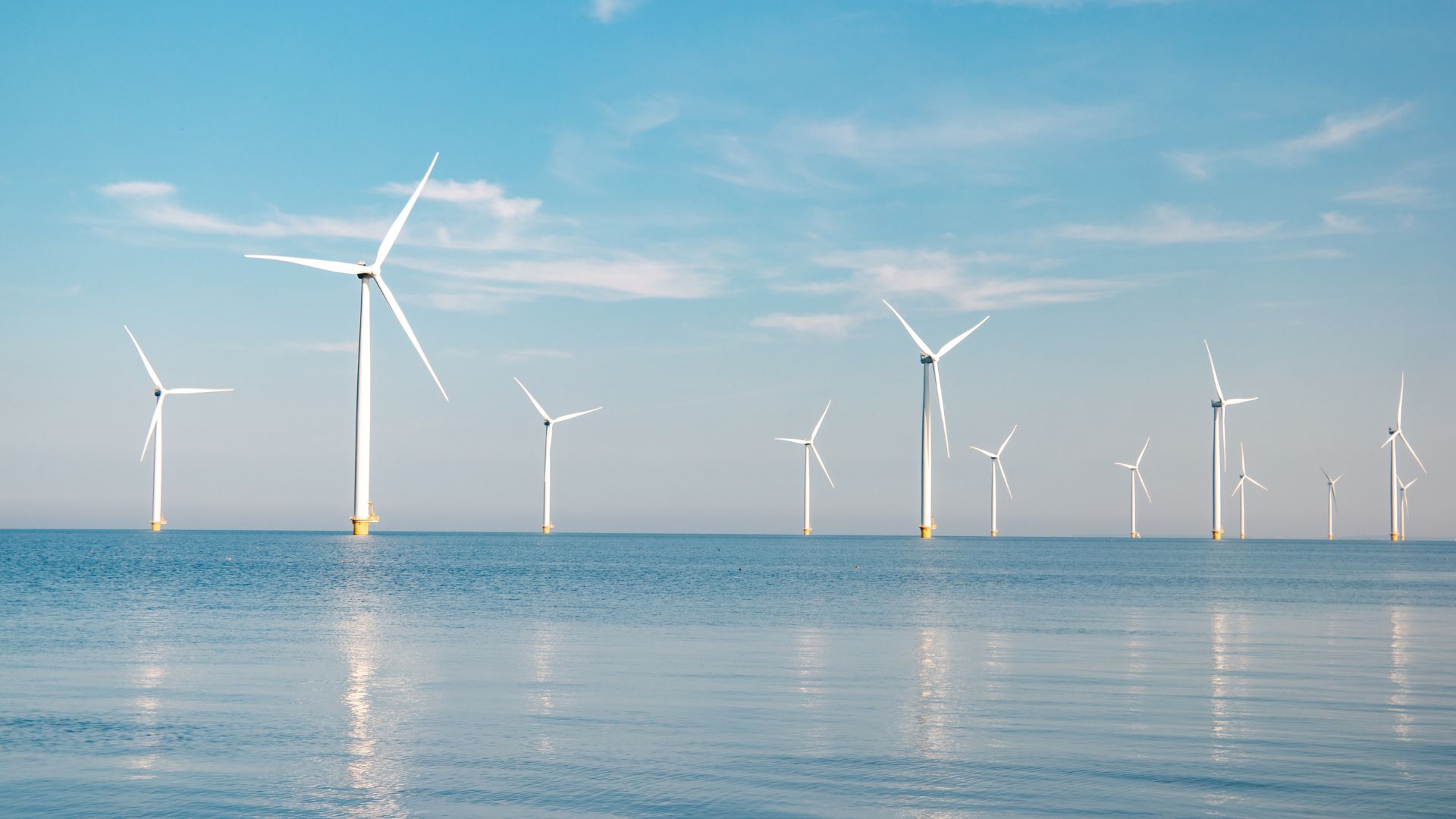Germany Lagging Emissions Goals Despite Renewables Boom

Germany’s carbon dioxide emissions held steady last year, jeopardising its climate targets as higher use of oil and coal offset lower energy consumption and record renewables output, data from climate think tank Agora Energiewende showed on Wednesday.
Germany’s 2022 energy consumption fell by 4.7% year-on-year to the lowest since its reunification, thanks to spiking energy prices, mild weather and a government appeal for citizens to save energy in light of a sudden drop in Russian gas imports.
“However, the increased use of coal and oil nullified the reductions in emissions through energy savings,” the Berlin-based think tank said in a statement.
Despite renewable energy reaching a record 46% share in Germany’s electricity mix, the greenhouse gas emissions of Europe’s biggest economy were around 761 million tonnes last year, missing a target of 756 million tonnes and falling behind the 2020 benchmark of a 40% cut compared to 1990, Agora said.
Economy Minister Robert Habeck said the figures showed Germany was on the right course with its push for renewable energy with several bills passed last year to accelerate its expansion.
Habeck said the government was also negotiating an energy efficiency law. “The figures show how important it is to work to save energy,” he said in a statement.
Berlin aims to become carbon-neutral by 2045 and to cut 65% of emissions by 2030 compared with 1990, but short-term measures to ensure energy security following Russia’s invasion of Ukraine left it behind schedule, said Simon Mueller, Agora’s director in Germany.
Last summer, Germany agreed to allow the reactivation of coal-fired power plants or an extension to their lifespans to compensate for declining gas deliveries.
See related article: Germany Pledges $86 Million to Ghana for Renewable Energy Development
CO2 emissions from the energy industry in 2022 amounted to 255 million tonnes, up 3% from the previous year, but slightly below the sector target of 257 million tonnes.
The industrial sector also met its goal, cutting emissions by 8 million tonnes last year due to saving measures and a decline in production, but the transport and building sectors missed their annual targets, Agora added.
“This is an alarm signal with regard to the climate targets,” Mueller added.
Habeck said urgent action was needed to close the CO2 gap in the transport sector as the government’s planned measures to make the sector more climate friendly were not enough.
Last year, the transport ministry had to come up with an emergency programme to cut emissions after failing to meet its target. But reforming the sector is more challenging than in other areas of the economy because it affects people’s everyday lives which cannot be changed quickly, the ministry said.
Source: Reuters






